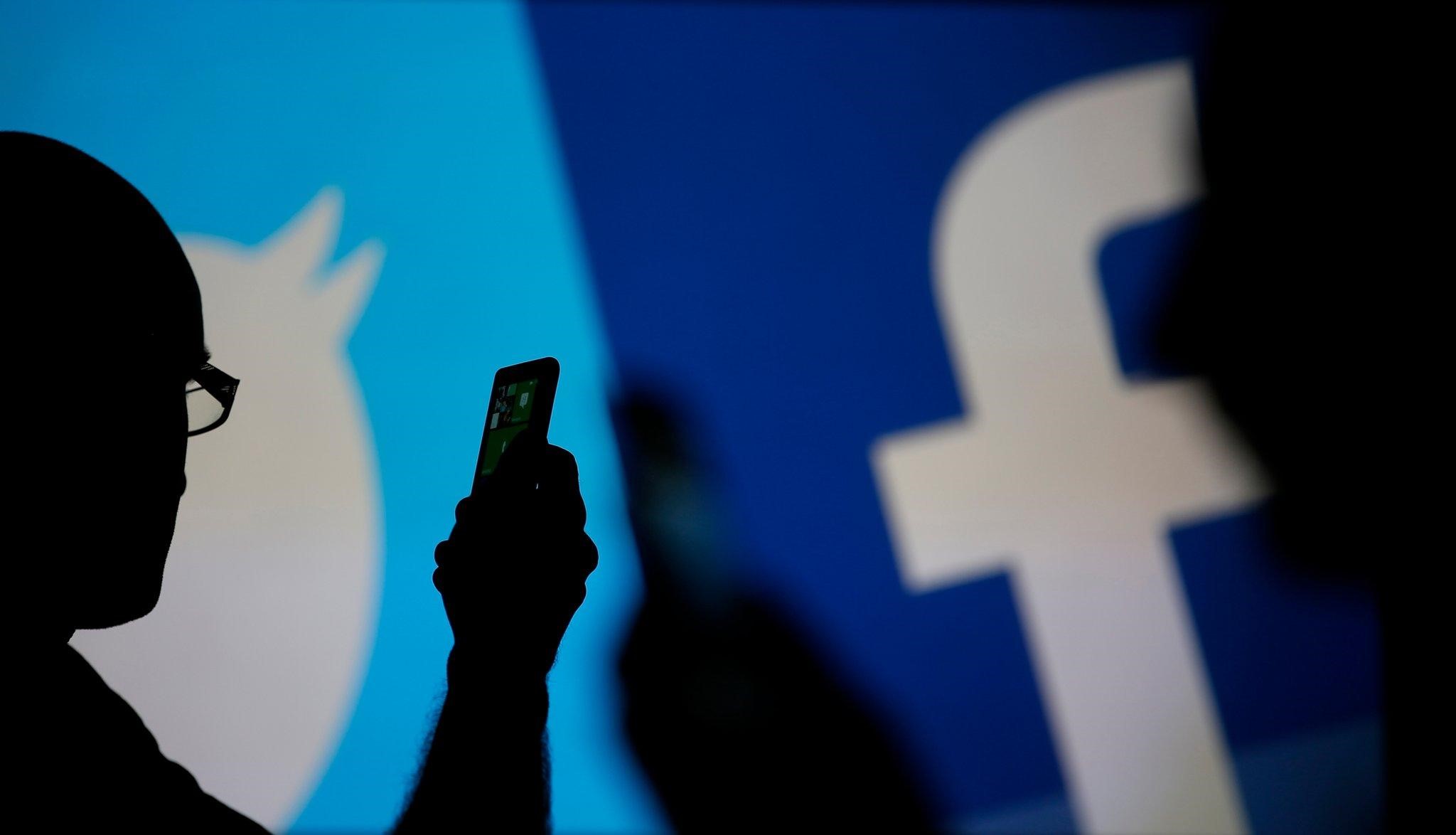The target date for following the stipulations under the brand-new Middleman Policy is ending on Tuesday.
Highlights
- Facebook, Twitter, as well as YouTube are yet to abide by the law
- New Middleman Rules entered effect on February 25
- Social network platforms requested for an expansion in the compliance home window
Facebook, Twitter, and YouTube may deal with criminal action in India as they are yet to adhere to the norms of the brand-new Middleman Policies. The brand-new rules by the federal government came in February. However, special provisions for “significant social media intermediaries” with greater than 50 lakh signed up individuals are readied to go into effect on Wednesday, May 26. The conditions require the essential social networks platforms to assign at the very least three policemen for complaint redressal and comply with a specific standard procedure that has been criticised over breaching the principles of free speech.
Individuals accustomed to the matter informed NDTV that social networks platforms consisting of Twitter, Facebook, and Instagram have not yet adhered to the brand-new Intermediary Policies. A Facebook representative told Gizmos 360 that it is currently in conversation with the government on a few problems.
” We intend to follow the stipulations of the IT policies and remain to review a few of the problems which require more engagement with the government,” the spokesperson claimed in a prepared statement. “According to the IT Rules, we are functioning to implement operational procedures and boost effectiveness. Facebook stays committed to people’s capacity to freely and safely share themselves on our system.”
Nevertheless, Twitter declined to comment when called by Devices 360, and also, Google did not respond to a request for remark at the time of filing this tale.
The Ministry of Electronic Devices and Information Technology (MeitY) and the Ministry of Info and Broadcasting collectively presented the Infotech (Intermediary Guidelines and Digital Media Ethics Code) Rules 2021 on February 25 to put constraints on electronic platforms. The policies lugged a home window of 3 months for substantial social media sites intermediaries consisting of Facebook, Instagram, Twitter, Twitter, WhatsApp, and YouTube to adhere to the unique arrangements. That window is closing on Tuesday.
The special provisions, which are put together under “additional due persistence” in the guidelines, need social media platforms with more than 50 lakh signed up users to designate a specific chief compliance policeman for making sure compliance with the Infotech Act, 2000 and the Intermediaries Policies, a nodal contact individual to round-the-clock coordinate with police, and also a resident complaint officer to acknowledge complaints within 24 hours and also respond them within 15 days. All 3 of these police officers are needed to be Indian residents.
Along with the three-officer requirement, the social networks platforms are needed to have a physical call address in India and show the contact details of the assigned police officers on their internet sites and applications.
The regulations for significant social media business also bound them to identify the first originator of messages shared on their systems. It could demand the letter circulated by the producer and gain access to the material by using the Information Modern technology Decryption Rules.
The new provisions also call for social media sites platforms to have automated tools such as expert system (AI) driven mechanisms to remove unwanted material. Nonetheless, some innovation attorneys believe that the plans could inevitably be forced to use such devices for public security.
Some social media sites platforms requested the federal government to extend the timeline for the provisions. Market bodies, including the Confederation of Indian Market (CII) and the Federation of Indian Chambers of Business & Sector (FICCI), additionally requested an extension of one year for the conformity home window. The federal government, nonetheless, did not reveal any modifications to what it brought in February.
